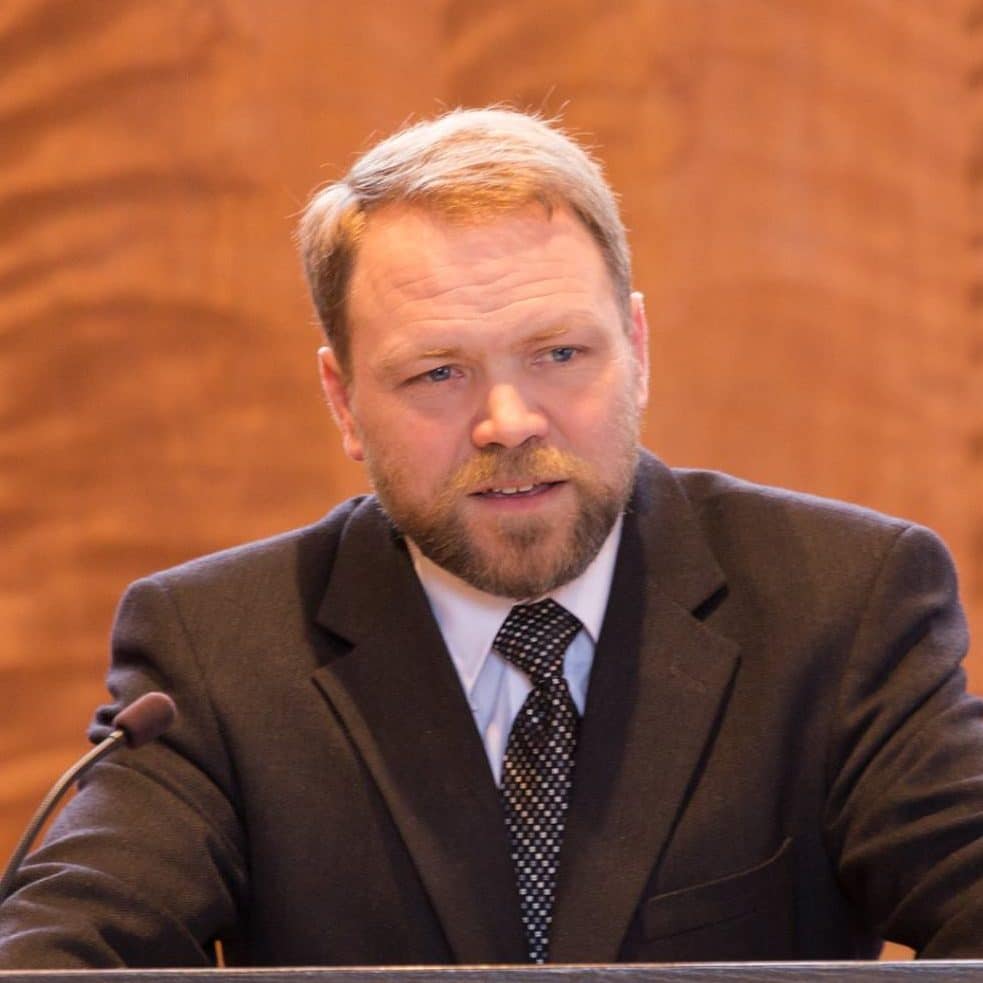“Fundamentalists and Pentecostals share all the virtues and vices of popular culture,” says Nathan Hatch as he applies his analysis of the development of American Christianity. “Following the long tradition of democratic Christianity in America, Fundamentalists [which includes what are more commonly known today as Evangelicals] and Pentecostals reject modernity as it is expressed in high culture but remain stalwart defenders of modern attitudes as they build popular constituencies with the most innovative techniques. . . . They have taken their faith into their own hands and molded it according to the aspirations of everyday life. American Christianity continues to be powered by ordinary people and by the contagious spirit of their efforts to storm heaven by the back door.”
Explanations of “how we got where we are today” are like lakes in Minnesota. Everyone, it seems, has a hypothesis. This is to be expected, for we are creatures who seek to understand our lives. However, not all explanations are cogent. Not all are thick and strong. Furthermore, no human attempt to explain “how we got where we are today” will ever capture everything perfectly. We are not God, after all.
Yet every once in a while, books arise which burn away the morning haze and chase some shadows away. The Democratization of American Christianity is a book like this. I maintain that it is one book which every student of the times in America ought to read. Every pastor who wishes to skillfully shepherd an American church should be familiar with its argument. For many who have lived their entire lives within populist American Christianity, this book could give perspectives they have never encountered before.
Hatch describes his book in this way: “This book is about the cultural and religious history of the early American republic and the enduring structures of American Christianity. It argues both that the theme of democratization is central to understanding the development of American Christianity, and that the years of the early republic are the most crucial in revealing that process.” He examines the formative years of the United States, describing how populist leaders and democratic movements not only impacted but decisively shaped Christianity as we know it in America.
One should read more than just Hatch’s evaluation of this phenomenon, of course, but one should not read less. If we do not diagnose ourselves properly, we may repeatedly apply the wrong Scriptural medicine to our current ills.




